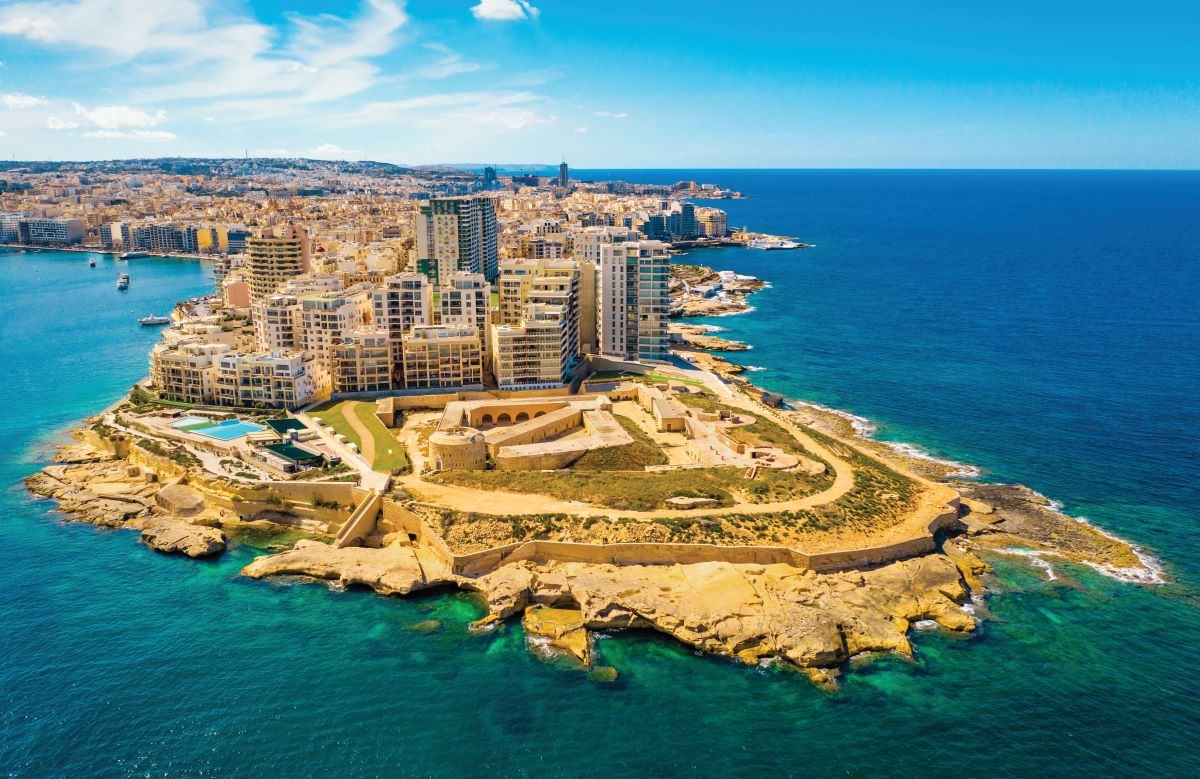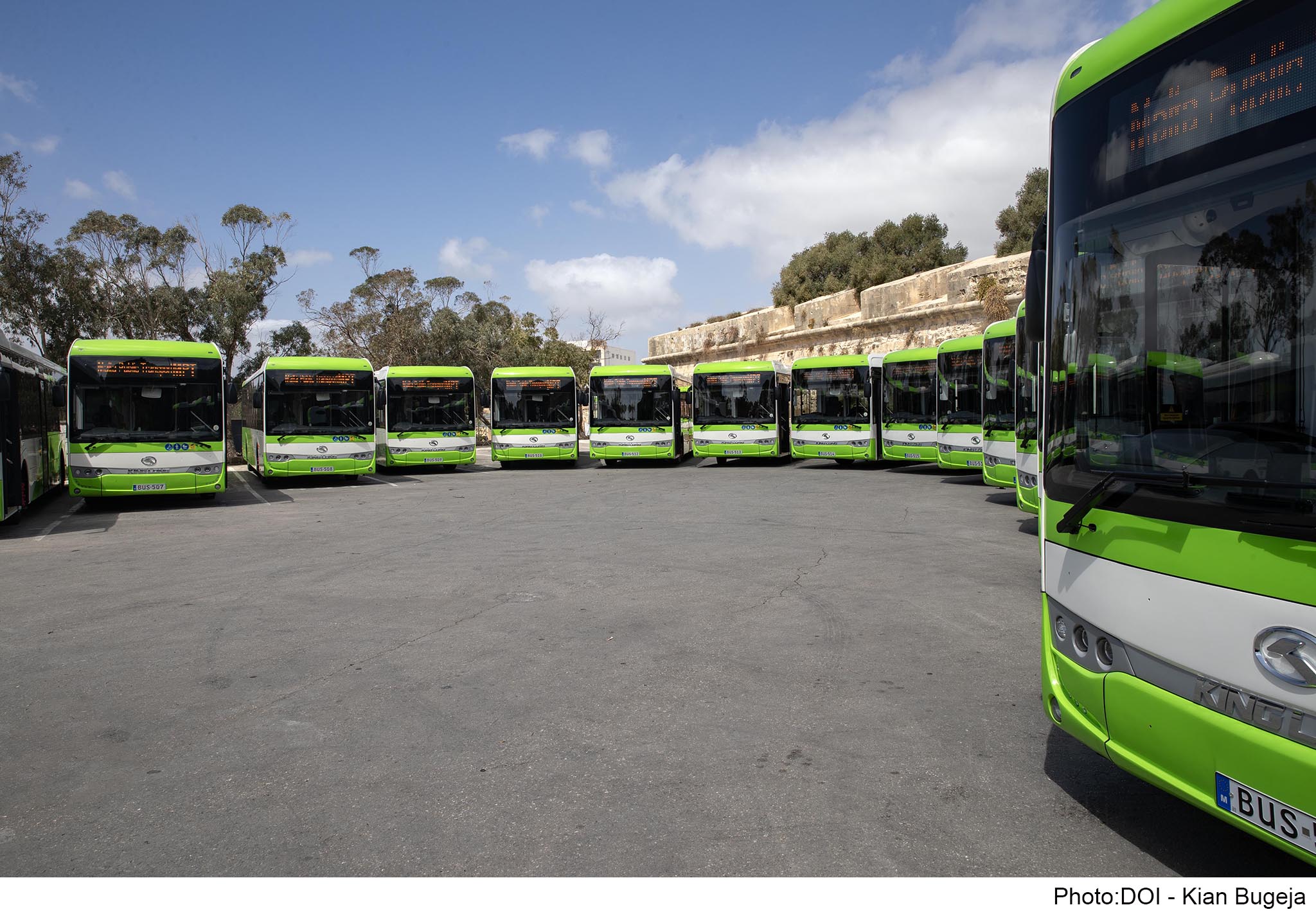Malta presents a paradox that has bewitched outsiders for millennia. Peripheral, yet fully integrated. Calm, but thriving. Secure, and nonetheless full of excitement. Home to some of the world’s most ancient wonders and most modern industries, and a population whose pride in its deep-rooted traditions is matched only by its progressive outlook. A rich history that has endowed it with a Semitic language, Southern European heritage, and a British Imperial legacy. A European Union member state with a global outlook situated in the heart of the Mediterranean Sea.
From the Ancient Roman aristocrats seeking reprieve from the hustle and bustle of Rome to the sons of early modern Europe’s leading families starting life anew as members of the Order of St John, those with wealth and influence have long considered the islands as a second home. Often described as a melting pot of people, ideas, and cultures, there is no denying that Malta’s liminality makes it a place like no other.
Today, many of the elements that make Malta such an attractive place to conduct business also make it ideal for those seeking alternative residence for professional or investment purposes, or as a retirement destination, while the Maltese passport is considered among the world’s most valuable.
Its ability to weather international economic turmoil can partly be attributed to its stable political climate, with the two major political parties’ congruent approach to socio-economic issues allowing the government of the day plenty of flexibility to take adaptive measures promptly and effectively.
Theft and violence are largely restricted to isolated cases and are uncommon to the point that their occurrence, even when petty, generates considerable column inches, taken as an affront to the country’s stellar reputation for safety.
In what is becoming an increasingly fraught security environment, it is also pertinent to note that Malta is a pacifist state that has relegated militarism to a historical curiosity, adapted its naval infrastructure to civilian and commercial use, and enshrined neutrality in its Constitution.
The climate is mild to hot, with average daytime temperatures ranging from 32°C in August, the hottest month, to 17°C in the coldest one, January.
Malta’s heavy emphasis on tourism means that there is no shortage of establishments and services to help you enjoy the sunshine that radiates over the islands for 300 days a year, whether you prefer to chill by the pool of a luxury resort, take over a private villa, or charter a yacht and spend time out at sea.
More active types may prefer to go diving or take part in water sport activities, and the lush countryside provides ample hiking opportunities with stunning vistas.
Meanwhile, those interested in cultural activities will be pleased to know that the calendar is packed with high-quality events aimed at both domestic and international audiences, while the young, or young at heart, will find a thriving party scene that has become a fixture on the tour dates of popular as well as underground artists.
Such lifestyle activities are also at the heart of Malta’s relational way of doing business, creating myriad networking opportunities for those looking to immerse themselves in the islands’ community.
All this takes place against the backdrop of a breath-taking architectural landscape boasting three UNESCO World Heritage Sites and countless other attractions related to the country’s chequered history, which has led to Malta being dubbed an open-air museum.
A maturing cosmopolitan culture has also seen an explosion in quality culinary establishments offering a wide range of regional and global cuisines, a number of which have been lauded by the Michelin Guide.
The health facilities are of the highest standard, as are many of the schools, including two that largely serve the expat community, meeting the needs of young families and retirees alike.
New arrivals tend to adapt quickly, thanks to the ubiquitous use of English, recognised as an official language spoken by practically everyone, and to the locals’ friendly and welcoming disposition to outsiders.
The large number of foreign nationals who have come to call the islands home has also spurred the development of an ecosystem of legal, real estate, and childcare service providers, to name a few, catering to their often exacting and sophisticated needs.
Malta’s position straddling Europe and North Africa, and its growing ties to the Middle East, are supported by excellent air links to most regional capitals and major cities, the majority of which are less than a three-hour flight away, while world-class marinas and growing superyacht and private aircraft servicing industries provide those with such assets everything they might need for unfettered movement by sea or air.
All told, people often find the quality of life available in Malta to be nothing short of superb. A common joke heard in expat circles references the Classical Greek poet Homer’s seminal Odyssey. Ulysses, trying to make his way back home after the Trojan War, finds himself on the island of Calypso, a nymph who entrances him with her land’s magnificent beauty, preventing him from leaving. That land is today better known as Gozo, and the joke goes that the spell Calypso wrought 3,000 years ago is no less powerful today. Malta and Gozo’s allure remains, and many who land in the country for what they expect would be a temporary stay find that roots are quick to grow in its fertile soil. Whether your residency is occasional, seasonal, or permanent, and whether coming as an individual or with a family, you might very well think the same.
Featured Image:
iStock / Karina Movsesyan
Unpacking Malta’s new American-style bankruptcy framework
The EU is reforming its insolvency rules to adopt some of the most beneficial elements of the US framework
More than half of all workplace deaths in last two years involved construction
No women died on the job in 2022 and 2023
Government shells out close to €70 million to national bus operator Malta Public Transport in 2023
Buses became free for residents in late 2022, leading to a hefty increase in the public subsidy






